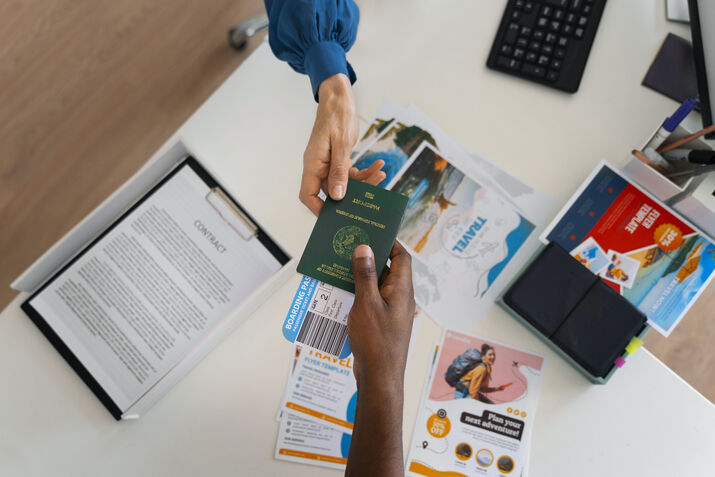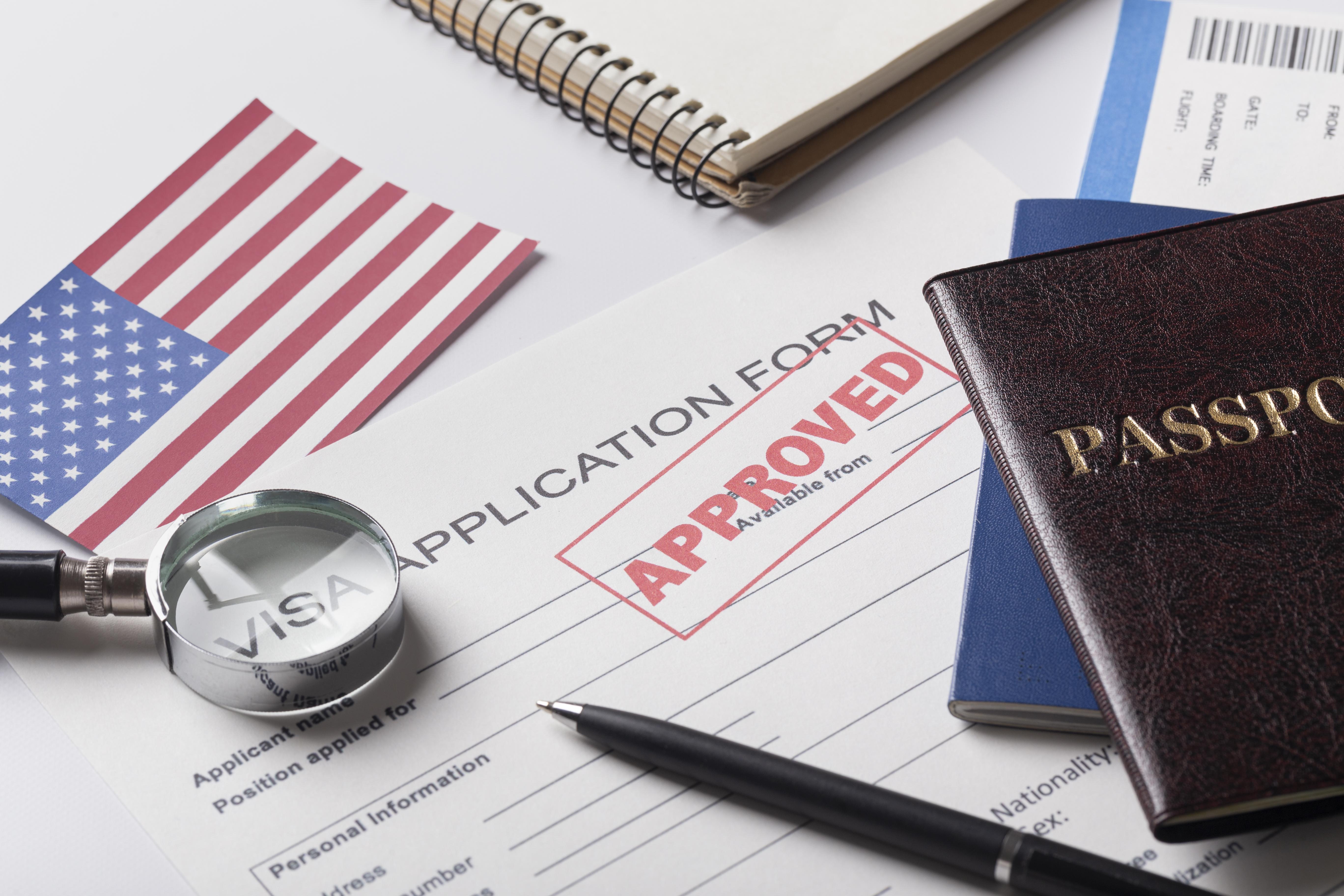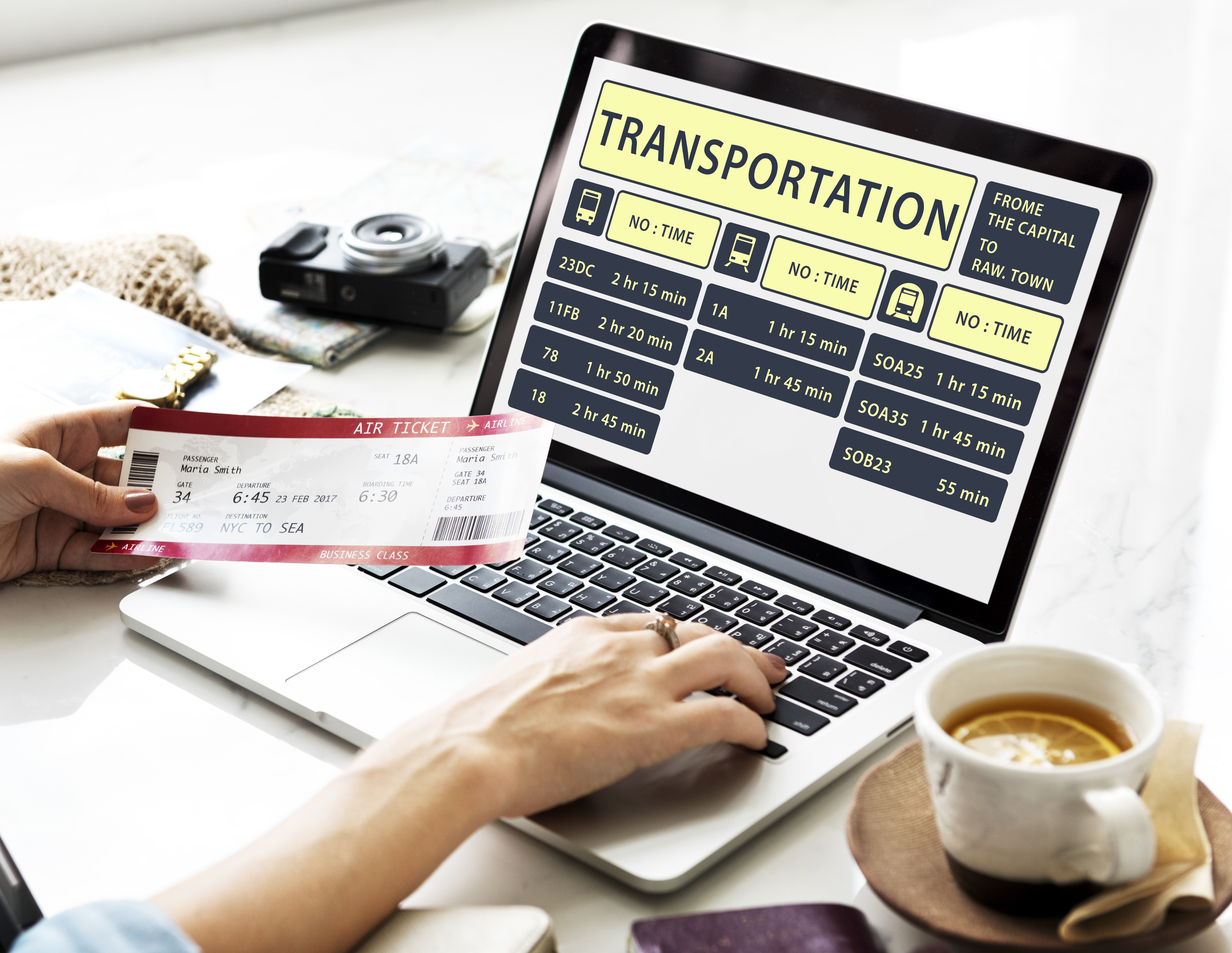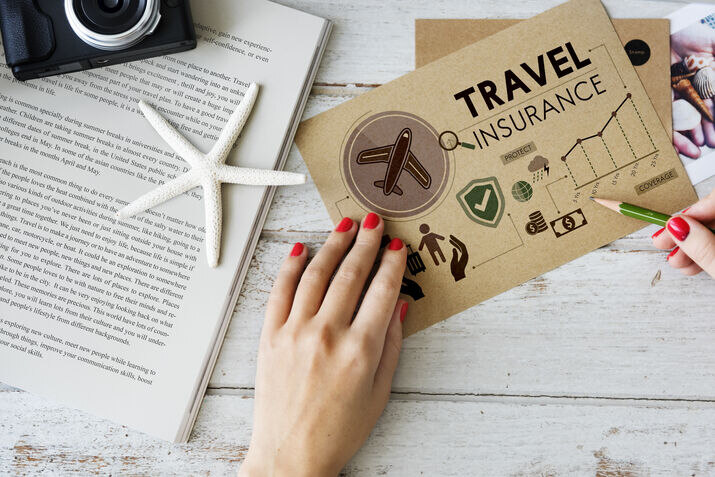When you score a great flight deal and snag that dreamy accommodation, it feels like your travel plans are right on track. But what many travelers discover too late are the hidden travel costs that quietly drain your budget before your vacation even begins. From unexpected visa fees to sneaky tourism taxes, there are a number of travel expenses that aren’t always advertised upfront. These hidden costs can throw your itinerary—and your wallet—into disarray. In this guide, we uncover the real cost of travel beyond your ticket and hotel. **1.Visa Fees: Not All Passports Are Created Equal**  One of the most common hidden costs when traveling internationally is the tourist visa fee—and it’s rarely universal. Fees vary based on: * **Your nationality** * **Processing time** * **Number of entries allowed** 💳 Example: A Nigerian applying for a U.S. tourist visa must pay over $160, and that’s without a guarantee of approval. Meanwhile, some passport holders can get an e-visa to Turkey for just $20. Speeding up the process? That’ll cost you more. Choosing multiple entries instead of single? More fees. Some embassies also charge service or courier fees that aren’t listed online. ✅ SEO Tip: Always check the official embassy website and consider using the keyword “visa fees for [destination]” when searching. **2.Regional Permits and Special Access Fees**  Even after clearing immigration, some destinations require extra permits or activity-specific passes. 🌍 Examples: Bhutan charges tourists a daily Sustainable Development Fee (SDF) of up to $200 per person. * * To hike Machu Picchu, you’ll need a special entry ticket that must be booked in advance, costing around $45–$80. * * Climbing Mount Kilimanjaro? Expect to pay over $1,000 in combined permits, park fees, and mandatory guide costs. * * Many travelers assume entrance is free once inside a country. Not true. Always factor in regional access fees when budgeting. **3.Departure and Arrival Taxes That Aren’t on Your Ticket**  Some countries include arrival or departure taxes in your airfare, but others charge these fees separately—often payable at the airport and in cash. ✈️ Common examples: Mexico has a tourism tax that may not be included in land border entries. Costa Rica charges a $29 departure tax (if not included in your ticket). Bali introduced a tourist tax of around $10 per visitor, payable on arrival. Pro tip: Check if your airline ticket includes taxes or if you’ll have to pay them separately at the airport. **4.“Visa-Free” Destinations Still Have Costs**  Just because a country is visa-free doesn’t mean it’s entirely cost-free. Some governments require: Electronic Travel Authorizations (ETAs), like Australia’s ETA or Canada’s eTA Tourist cards or reciprocity fees, like the now-retired Argentina fee 🔍 Search phrases like “eTA fee for [country]” or “entry requirements for [passport nationality]” to avoid surprises. **5.Mandatory Travel Insurance Requirements**  Travel insurance isn’t just a smart move—it’s sometimes required by law. 🩺 Examples: All Schengen countries require proof of insurance with at least €30,000 in coverage. Post-COVID, destinations like Thailand may demand insurance that covers COVID-19 treatment or quarantine stays. Even if optional, not having insurance could cost you much more in an emergency abroad. **6.Local Tourism Taxes and Hotel Charges**  You booked a cheap hotel—great! But then comes the local tourism tax, applied per person per night and not always shown upfront. 🏨 Tourist tax examples: Paris: Up to €5 per night, per person New York City: Hotel occupancy taxes can go as high as $20–$30 per night Rome and Amsterdam also charge city taxes, payable at check-in These are legally required, and hotels will ask for payment even if you prepaid online. **7.National Park Fees and Heritage Site Access**  Love nature and culture? Expect to pay for it. 🌲 Examples: The U.S. National Park Service charges per car or per person at many parks Countries like Kenya and South Africa charge daily rates to enter wildlife reserves UNESCO World Heritage Sites often have entry fees, especially in Asia and South America If your trip includes several attractions, these charges can stack up quickly. **8.Food Costs: The Budget-Breaker You Didn’t See Coming**  Whether you're a foodie exploring street snacks or someone sticking to basics, eating while traveling often costs more than expected—especially in touristy areas or countries with higher living costs. 🍜 Things that hike up your food budget: Airport meals are notoriously overpriced Hotels without breakfast mean extra daily expenses Resort restaurants often charge premium prices, even for local dishes In some countries, tipping is expected and can add up Even street food isn’t always cheap—some cities like Singapore, Dubai, or Tokyo have elevated street food scenes with gourmet prices. 💡 Tip: Research local supermarkets and food markets before your trip. Try search terms like “affordable places to eat in [city]” or “cheap eats [destination]” for great local recommendations. Pro Traveler Strategy: Mix restaurant meals with grocery store snacks Book stays with kitchen access to cook simple meals Don’t underestimate the cost of drinks, especially bottled water in non-tap-safe destinations Eating three times a day, even modestly, can add up to $20–$60 daily depending on the country. Multiply that by the length of your trip, and you’ll see why food is a top hidden cost to plan for. **How to Avoid Hidden Travel Costs** **Here’s how to plan ahead and keep your budget intact:** Use travel budgeting apps to include visa and entry fees Check government websites and use search terms like “entry requirements for Nigerians visiting [country]” Join traveler forums (like Reddit or TripAdvisor) for up-to-date, crowd-sourced tips Add a 15–20% buffer to your travel budget for unexpected charges **✈️ Final Thoughts: Know Before You Go** Travel isn’t just about flights and hotels. Visa costs, tourism taxes, permits, and other hidden fees can make or break your experience if you're not prepared. But when you know what to expect, you can travel smart, stay on budget, and fully enjoy the journey. So the next time you're planning a trip, remember: the real cost of travel is more than what your airline tells you.